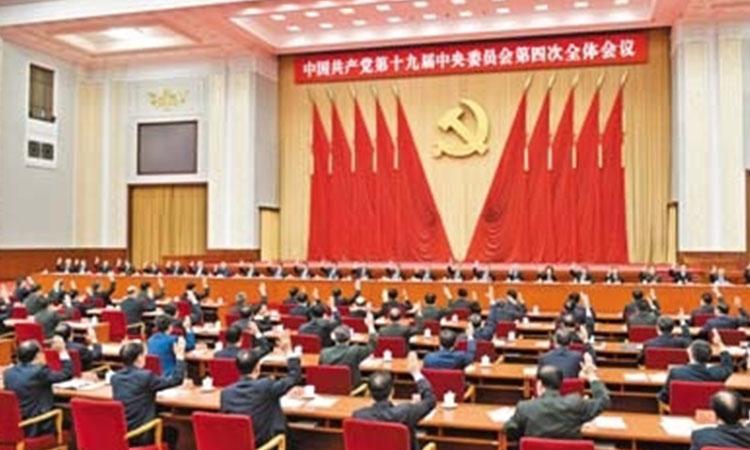The Chinese Communist Party (CCP) is using social media influencers from troubled regions like Xinjiang, Tibet and Inner Mongolia to whitewash human rights abuses through an increasingly sophisticated propaganda campaign, a report has claimed.
The report published on Thursday by the Australian Strategic Policy Institute (ASPI), described the videos by "frontier influencers" as a growing part of Beijing's "propaganda arsenal", The Guardian reported.
Under the increasingly authoritarian rule of Xi Jinping, the CCP's oppression of ethnic minorities has worsened, with major crackdowns in Xinjiang, Tibet and Inner Mongolia.
Global condemnation has mounted, with a recent United Nations report finding there was a likelihood it was committing crimes against humanity in Xinjiang.
The Chinese government has vociferously denied accusations it has detained an estimated 1 million people in re-education camps and suppressed religious and cultural activities, saying the policies are to counter extremism and alleviate poverty.
Traditional Chinese government propaganda is often unconvincing but in recent years the government has harnessed the popularity of social media influencers under orders from Xi Jinping to 'tell China's story well', according to recent reports and analysts, The Guardian reported.
Thursday's report examined what it suggested was a further evolution, using individuals from within the victimised communities to deny it was happening.
"The influencers' less polished presentation has a more authentic feel that conveys a false sense of legitimacy and transparency about China's frontier regions that party-state media struggle to achieve," the report by the government-funded think-tank said, The Guardian reported.


















